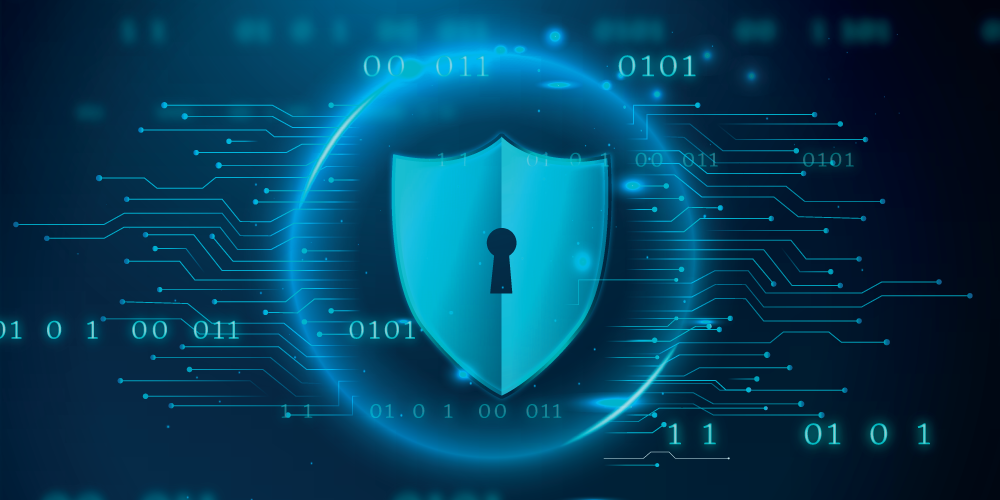When it comes to cybersecurity, tools and technology help. What can help even more is making cybersecurity a part of company culture, to the point of safety becoming second nature. Read on to learn more about establishing a culture of cybersecurity.
The Vital Importance of Cybersecurity
The attacks just keep coming. In recent years, SolarWinds and Colonial Pipeline are just a couple of well-known incidents. According to statistics, more than half of cyber attacks result from human error–weak or poorly managed passwords, susceptibility to phishing schemes, perhaps even ignorance of company policies and of best practices. The cost of attacks is supposed to continue increasing, to over $10 trillion by 2025.
The Cybersecurity Conversation
It’s never too late–or too soon–to openly discuss cybersecurity in your organization. Your executives, both in your IT department and outside of it, can set the tone for your company’s cybersecurity culture. For example, sharing learning from past experiences can show your workers that anyone can learn from mistakes. More than technology and tools, cybersecurity training needs to be an integral part of company culture–it saves costs, preserves your company’s reputation, and keeps your company in business. You can freely discuss cybersecurity in team meetings and everyday work conversations. Ideally, this will get workers of teams talking about ways to keep your company safe and may reach the individual level, encouraging them to evaluate their cybersecurity savvy and improve it. Regular training and retraining should also be part of the organization’s culture of cybersecurity. Staging mock “phishing” attacks to test workers’ knowledge and ability to act, will help to make training concrete. This is where tools and technology can come in, providing engaging ways for workers to understand the importance of cybersecurity.
Clear Policies and Procedures
Having and clearly communicating policies and procedures helps all employees know what to do in case of emergency, and even how to avoid an emergency in the first place. Does everyone know what a phishing email looks like, and how to report one? Do they know to choose strong, hard-to-guess passwords, and change these passwords periodically? What’s the first thing they should do in a cyber attack? If everyone, from the top executive to the newest trainee, knows what to do, all contribute to the security of the organization.
Establishing a culture of cybersecurity begins at the executive level. Establishing cybersecurity as part of your company’s philosophy, as well as clear policies and procedures, can help everyone understand their role in protecting company systems and data. For additional assistance, contact your technology provider today.

